What are the 4 types of family therapy?
Family therapy encompasses various approaches designed to improve communication, resolve conflicts, and enhance the functioning of family members. Here are four primary types of family therapy, each with distinct techniques and goals:
1. Structural Family Therapy
Overview
Structural Family Therapy (SFT) was developed by Salvador Minuchin. This approach focuses on understanding and altering the family structure, which includes the relationships and hierarchies among family members. SFT aims to strengthen the family system and improve interactions among members.
Key Concepts
Family Structure: The organized pattern in which family members interact.
Subsystems: Smaller units within the family, such as parental or sibling subsystems.
Boundaries: Rules defining who participates and how in family interactions. Boundaries can be rigid, clear, or diffuse.
Techniques
Joining: The therapist establishes rapport with the family to understand its dynamics.
Mapping: Visual representations (like genograms) are used to map out family relationships and structures.
Enactment: Family members act out specific scenarios to reveal and address issues.
Sources:
Psychology Today
GoodTherapy
2. Strategic Family Therapy
Overview
Strategic Family Therapy, developed by Jay Haley, focuses on identifying and changing problematic behaviors through specific strategies and interventions. It is a short-term, problem-focused therapy that emphasizes action over insight.
Key Concepts
Directives: Specific tasks or assignments given to family members to alter interactions and behaviors.
Paradoxical Interventions: Prescribing the symptom or suggesting the opposite behavior to create awareness and change.
Communication Patterns: Examining and altering how family members communicate.
Techniques
Reframing: Changing the interpretation of a behavior to shift perceptions and responses.
Ordeals: Assigning tasks that are more troublesome than the symptom, making the symptom less appealing.
Behavioral Tasks: Specific actions designed to disrupt dysfunctional patterns.
Sources:
Verywell Mind
GoodTherapy
3. Bowenian Family Therapy
Overview
Developed by Murray Bowen, Bowenian Family Therapy focuses on intergenerational relationships and patterns that influence current family dynamics. It emphasizes understanding these patterns to address issues effectively.
Key Concepts
Differentiation of Self: The ability to separate one’s feelings and thoughts from those of family members.
Triangles: A three-person relationship system that can stabilize or create anxiety in the family.
Family Projection Process: The transmission of emotional problems from parents to children.
Techniques
Genograms: Detailed family trees that map relationships and patterns over generations.
Process Questions: Questions that help family members think about their reactions and responses.
Coaching: Helping family members understand and change their roles within the family system.
Sources:
Psychology Today
GoodTherapy
4. Narrative Family Therapy
Overview
Narrative Family Therapy, developed by Michael White and David Epston, centers on the stories individuals and families tell about their lives. It aims to reshape these narratives to promote healing and growth.
Key Concepts
Externalization: Viewing problems as separate from individuals, allowing families to address issues without blame.
Dominant Narratives: Prevailing stories that shape an individual’s identity and experiences.
Re-authoring: Creating new, empowering stories that reflect the individual’s strengths and values.
Techniques
Deconstruction: Breaking down and questioning dominant narratives to reveal their impact.
Re-authoring Conversations: Helping family members create new, positive narratives.
Unique Outcomes: Highlighting times when the problem did not dominate, showing the family’s strengths and abilities.
Sources:
GoodTherapy
PsychCentral
Conclusion
These four types of family therapy offer diverse approaches to addressing and resolving family issues. Whether through restructuring relationships, strategizing behavioral changes, understanding intergenerational patterns, or reshaping narratives, each method provides unique tools to improve family dynamics and promote well-being.
If you’re interested in exploring family therapy and seeing how it can benefit your family, please contact us at Moriel Mental Health to book an appointment. We work all throughout California and are here to support you on your journey towards healthier and happier family relationships. At MMH, we are committed to providing the care and guidance you need.

